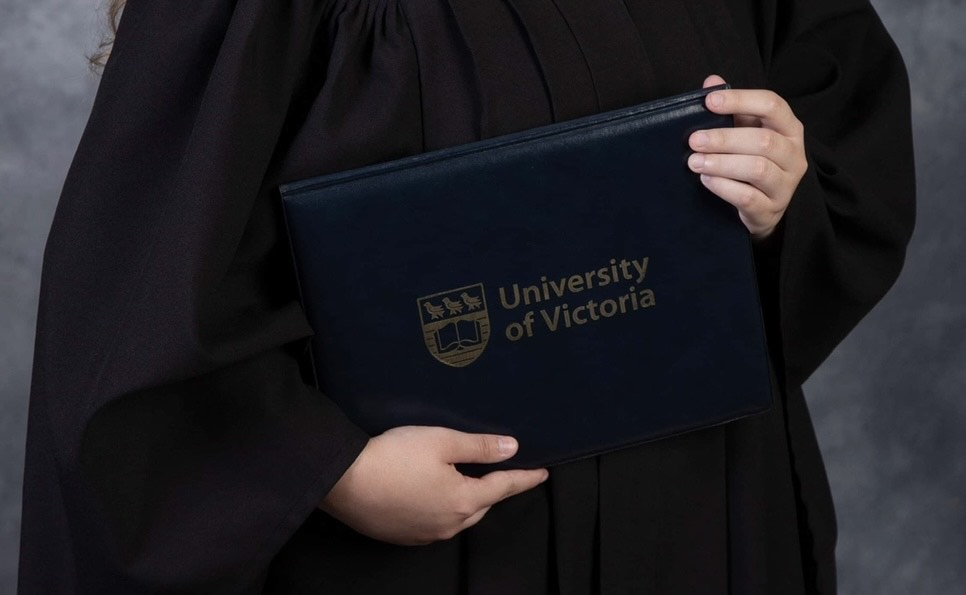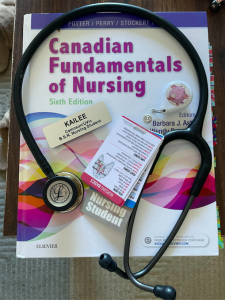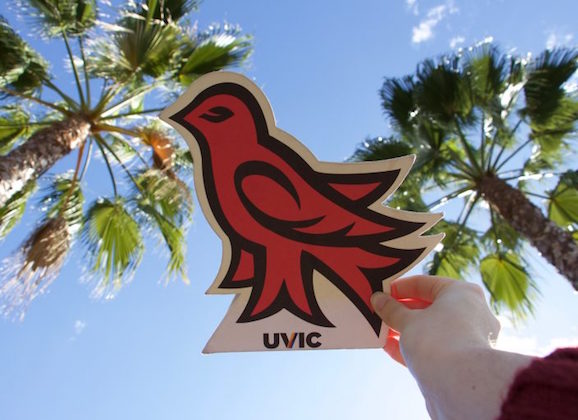Lessons from My Undergrad
This week, I attended convocation to graduate with my Bachelor of Arts degree in Psychology from the Faculty of Social Sciences.
The experience was so emotional, and it reminded me of how proud and lucky I am to have accomplished this.
It also brought back the flood of memories about the things I’ve learned throughout my program.
Education Isn’t Linear
One of the most common misconceptions about post-secondary education is that it is one straight path.
I can tell you right now that it is anything but. The number of times I changed my major in first year became a running joke with my friends, and the identity crisis I went through was so real.
University is partly about finding yourself, and some people will go into a program and decide to change their trajectory after being exposed to a wealth of different subjects. That is more than okay! Study what you love!
There’s No “One Size Fits All”

Typically, an undergraduate degree is supposed to last 4 years, but not many people end up graduating in that period of time. For me, and like many other UVic students, it took 5 and a half years to complete my degree.
There is no shame in taking a little extra time, whether that means cutting down your courseload, taking a gap year, maybe working part-time. It isn’t the same for everyone. Take your time, and do what feels right for YOU!
It’s A Lot of Ups and Downs

University is hard! When I began studying at UVic, I was 17 and fresh out of high school, so the adjustment for me was quite difficult.
I was very used to the structure high school provided me, so having everything be different in post-secondary was almost like a slap in the face. But it was one I needed.
It can often be a roller coaster of emotions, too, with different professors expecting different things, the variety of tests and homework to keep track of.
But there are plenty of positives, like receiving a good grade on a paper you worked really hard on; pulling an all-nighter with your friends in the library to study for a test; finding out what you’re good at and where your weaknesses are. There can be a lot to go through, but it’s so worth it.
You Don’t NEED To Pursue Grad School

Everybody has a different road, and a common debate among undergrad students is whether or not to pursue graduate studies.
It’s a great opportunity to become more specialized in your field, and especially so if you want to train for a specialized profession. But many people choose to cap it at their bachelor’s degrees; some go to grad school for a master’s or PhD; and some even go back for another bachelor’s (I am one of them).
After I finished my psychology degree, I wanted to go to nursing school, which is another bachelor’s degree. Although I had considered grad school, my passion was in health care and nursing, and I’m very glad that I get the opportunity to apply the knowledge I learned in psychology to another domain of practice.
Be Proud of Your Accomplishments
University is a long and tough road, so be sure to take pride in what you achieve. Whether it’s big or small, take the time to pat yourself on the back and remind yourself that you’re working hard and making progress in your life and your learning.
When I walked across the stage for convocation, I remembered that younger version of me who thought she would never graduate university. But all of the failures and successes got me to that place and it’s a feeling I’ll never forget.
Don’t Take Failure Too Hard

Sometimes, failing is part of life, and it teaches you valuable lessons that you couldn’t learn unless you failed.
Whether you’ve failed a test or an assignment, or even a class, you go forward knowing what to do for next time and how to improve in ways that work for you.
I’ve failed multiple times in my undergrad and each time, I’ve come out stronger than I was before. Failure doesn’t mean you aren’t smart or capable, it means that there are still areas for you to grow.
I’m thankful for my mistakes and failures because I wouldn’t be who I am or where I am if it weren’t for those experiences.
Lastly: If You Need It, Ask for Help
 It’s so important to know when you can handle something yourself and when you might need someone else’s help.
It’s so important to know when you can handle something yourself and when you might need someone else’s help.
University life can be a struggle both academically and personally, and there is no shame in seeking help. Professors have office hours so you can seek their assistance on improving your test performance, better explanation on course concepts, and even advice on what their expectations are for papers.
One time, I nearly failed an exam and went to my professor’s office hours to review the test, and I ended up scoring 30% better on the next exam. There’s also tutoring and academic help available on-campus, so if you find you’re having a difficult time in some of your classes, seek those out!
If you’re having a difficult time personally with either mental or physical health, the Student Wellness Centre has a variety of options to help including appointments with doctors, nurses, and counsellors.
I struggled with mental health issues throughout the majority of university and being able to talk to someone helped so much. It is so important to take care of yourself and make sure you’re doing okay while you’re in school.





